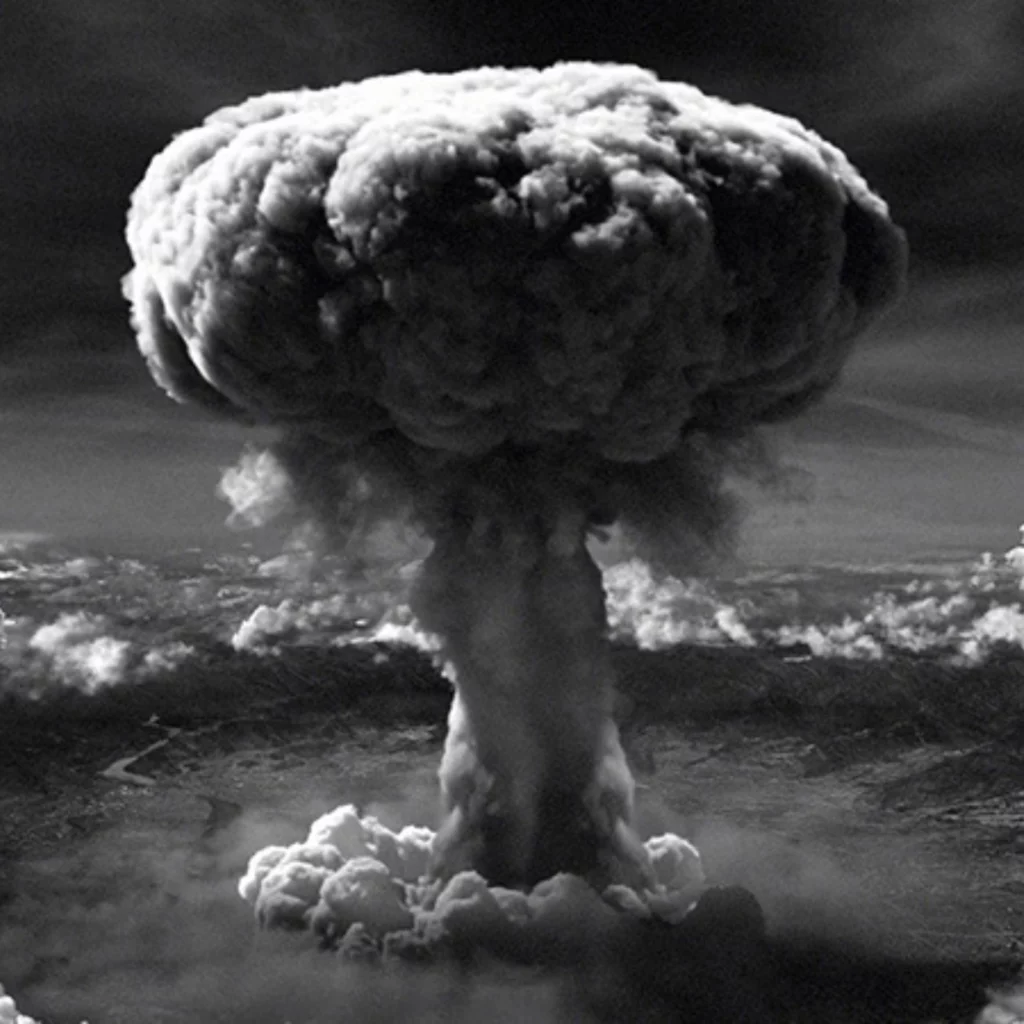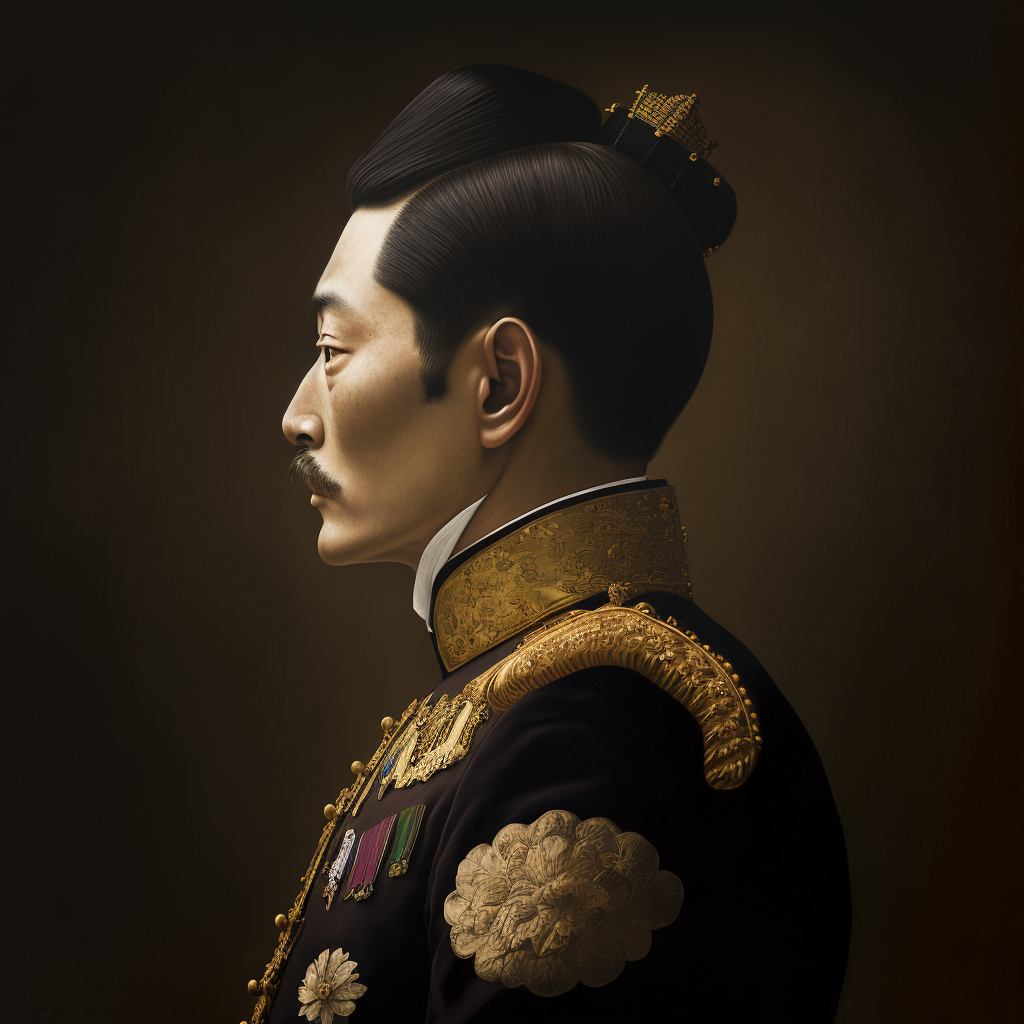On August 6, 1945, the first atomic bomb used in an armed conflict struck the city of Hiroshima, Japan. This tragic event caused massive destruction and loss of life. It also marked a turning point in the history of war and international relations. This article explores the circumstances surrounding the bombing, its immediate and long-term consequences, and its legacy in the collective memory.
Historical Context
At the end of World War II, the Allies, including the United States, were looking for ways to quickly end the conflict with Japan. Despite significant gains in the Pacific, Japanese resistance seemed insurmountable. The United States had developed a nuclear weapons research program. This program is known as the Manhattan Project. This project aimed to create an atomic bomb before Nazi Germany could do so. The success of this project led to the decision to drop a bomb on Japan. The US wanted to force the Japanese to surrender.
Bombing of Hiroshima
On the morning of August 6, 1945, at 8:15 a.m., the American bomber Enola Gay dropped a “Little Boy” bomb. The bomb contained enriched uranium and was dropped on the city of Hiroshima. The explosion was devastating. An estimated 70,000 to 80,000 people were killed instantly. And tens of thousands more succumbed to their injuries in the days and months that followed. The intense heat of the explosion incinerated buildings over a radius of several kilometers. Bombings almost completely destroyed the city.
Immediate Consequences
The immediate consequences of the bombing were catastrophic. In addition to the massive loss of life, the city’s infrastructure was devastated. Leaving thousands of survivors in desperate conditions. Medical teams were unable to cope, and victims suffered severe burns and diseases caused by radiation exposure.
Long-Term Consequences
The bombing of Hiroshima had lasting consequences on the health of the survivors, known as hibakusha. Many of them suffered from radiation-related illnesses. These included cancer, cardiovascular disease, and other health problems. The psychological effects of the trauma were also significant, affecting the lives of thousands.
From a political perspective, the use of the atomic bomb led to the surrender of Japan on August 15, 1945. This, in turn, ended World War II. However, it also ushered in the nuclear age and a new dynamic of the Cold War. The proliferation of nuclear weapons and international tensions have not helped matters.
Legacy and Memory
The bombing of Hiroshima remains a sensitive and complex subject. Every year, commemorative ceremonies are held to honour the victims and raise awareness for peace. The Hiroshima Peace Park, home to the Atomic Bomb Dome (a UNESCO World Heritage Site), is a powerful symbol of human resilience. It is also a symbol of the need to prevent nuclear war in the future.
The Hiroshima story also raises ethical questions about the use of nuclear weapons and their impact on modern society. Dialogue on peace, disarmament and non-proliferation remains crucial in today’s world.





